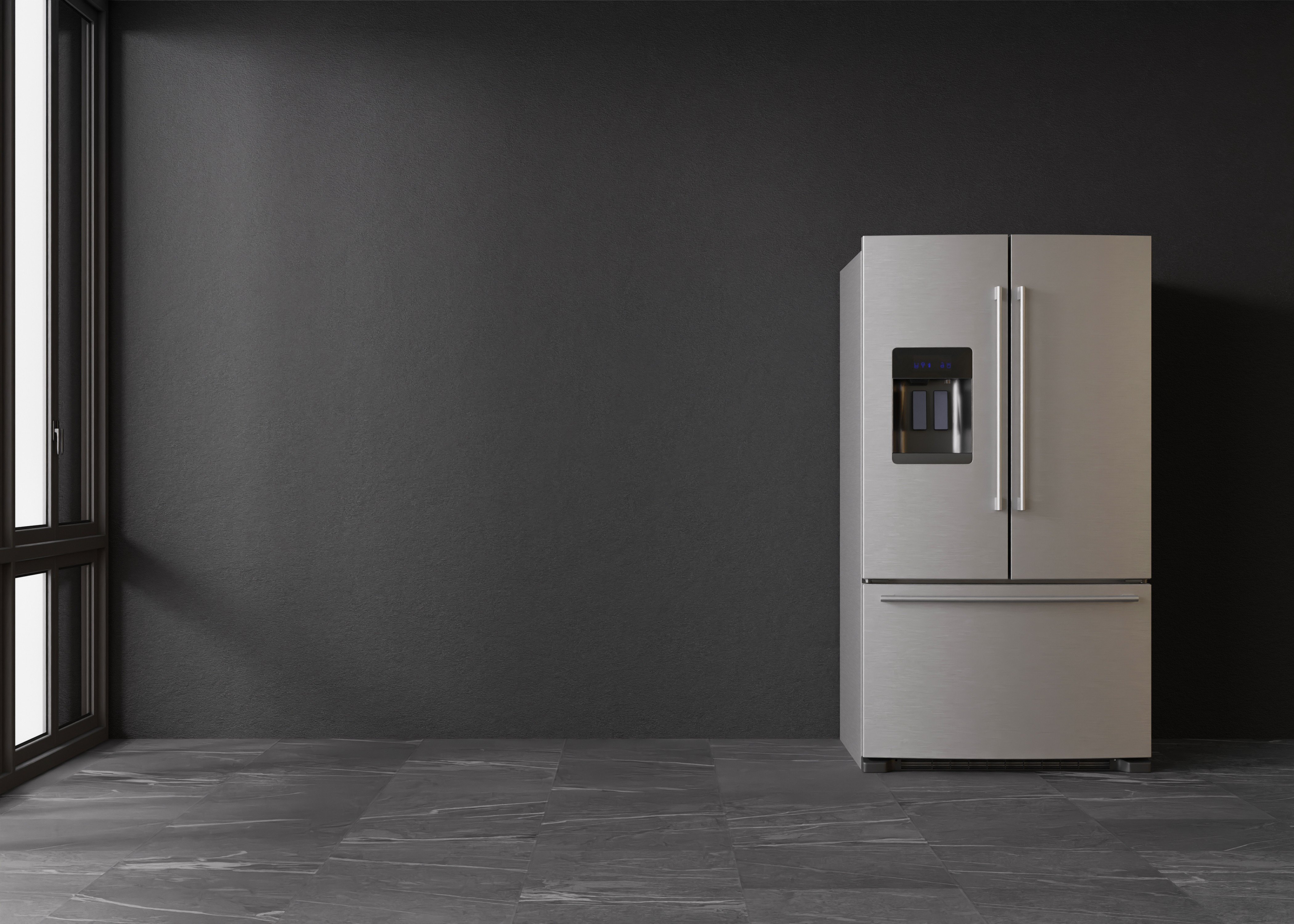The Comprehensive Guide to Refrigerators in the UK
Fridges are a vital home appliance in every household, serving a crucial function in food preservation and safety. The UK market offers a varied series of fridge types, sizes, functions, and brands. This article aims to supply an extensive understanding of fridges readily available in the UK, including their features, energy effectiveness, and aspects to think about when making a purchase.
Kinds Of Refrigerators Available in the UK
When looking for a refrigerator, it is crucial to understand the different types offered. Each type features its own set of functions and functions, accommodating different requirements and choices. The most typical kinds of refrigerators discovered in the UK include:
1. Top Freezer Refrigerators
- Description: The conventional style, including the freezer compartment on top.
- Pros: More cost effective, large, easy access to fresh food.
- Cons: Limited freezer area, the top might be less hassle-free for bulk items.
2. Bottom Freezer Refrigerators
- Description: Freezer lies at the bottom, permitting easier access to fresh food.
- Pros: Greater convenience, better exposure of fresh items.
- Cons: Usually more costly, some may battle with large frozen products.
3. Side-by-Side Refrigerators
- Description: Features two vertical compartments, one for the fridge and one for the freezer.
- Pros: Ample storage area, easy to gain access to both frozen and fresh foods.
- Cons: Wider footprint, they may not fit in smaller cooking areas.
4. French Door Refrigerators
- Description: Combines features of bottom freezers and side-by-sides, with two doors for the fridge on top.
- Pros: Stylish design, large, and often includes sophisticated features.
- Cons: Higher price point, lines up improperly with smaller cooking area layouts.
5. Compact Refrigerators
- Description: Smaller designs created for minimal spaces.
- Pros: Ideal for studio apartments or offices, energy-efficient.
- Cons: Limited storage capacity, may lack features.
6. Integrated Refrigerators
- Description: Designed to mix perfectly with kitchen area cabinetry.
- Pros: Custom fit, visual appeal, increases home worth.
- Cons: Higher cost, might use less versatility in positioning.
7. Smart Refrigerators
- Description: Equipped with Wi-Fi and smart technology features.
- Pros: Advanced features like touch screens and internal video cameras.
- Cons: Expensive, more intricate to repair.
| Refrigerator Type | Ease of access | Average Price Range | Energy Efficiency |
|---|---|---|---|
| Top Freezer | Moderate | ₤ 300 - ₤ 600 | Typical |
| Bottom Freezer | High | ₤ 400 - ₤ 800 | Above Average |
| Side-by-Side | Easy | ₤ 800 - ₤ 1500 | Differs |
| French Door | High | ₤ 800 - ₤ 2000 | High |
| Compact | Restricted | ₤ 200 - ₤ 500 | Average |
| Integrated | Custom-made | ₤ 1000 - ₤ 2500 | High |
| Smart | Variable | ₤ 1200+ | High |
Key Features to Consider
- Energy Efficiency: Look for models that are energy-efficient. In the UK, home appliances are rated from A (most effective) to G (least efficient). An A+ rating and above can lead to considerable energy savings.
- Capacity: Choose a fridge with sufficient capacity for your household. A standard guideline is 100-200 liters per person.
- Sound Level: Consider models that operate silently, particularly if the cooking area is near living areas.
- Cooling Technology: Features like frost-free technology deserve the financial investment, as they decrease upkeep.
- Adjustable Shelves: Having adjustable shelves improves the versatility to save bigger products.
- Temperature Control: Check for easy-to-use temperature level controls and zones for various types of food.
- Style: Choose the style and color that matches your kitchen area visual, whether you choose a contemporary stainless-steel look or a classic retro surface.
Purchasing Tips
- Determine Your Needs: Consider your cooking routines, household size, and kitchen space.
- Set a Budget: Refrigerators come in different rate ranges. Develop a budget before you start shopping.
- Research Energy Ratings: Invest in energy-efficient models to conserve on utility bills.
- Check out Reviews: User experiences can offer insights into reliability and performance.
- Compare Brands: Some brand names are known for their resilience while others may provide more innovative features.
Often Asked Questions (FAQs)
1. How long do refrigerators usually last?
- Refrigerators normally last between 10 to 20 years, depending upon the brand name and how well they are kept.
2. Are there any maintenance suggestions for extending the life of a refrigerator?
- Regularly tidy the coils, check the door seals, and periodically thaw if required to preserve optimal performance.
3. What is the best size refrigerator for a household of 4?
- For a family of 4, a refrigerator with a capability of around 400-600 liters is typically adequate.
4. Do I need to stress over energy intake when buying a refrigerator?
- Yes, energy intake is necessary. Try to find units with high energy efficiency ratings to lower month-to-month expenses.
5. Should I select a fridge with a water and ice dispenser?
- This function can be hassle-free, particularly for families. Nevertheless, it might need more upkeep than basic designs.
Acquiring a refrigerator is a significant decision for any home in the UK. With franciswillia.top , each with its special features and benefits, it is essential to evaluate specific requirements before choosing. By considering aspects such as energy effectiveness, capacity, and style looks, consumers can select a fridge that lines up well with their way of life, ultimately boosting their cooking area experience while protecting food quality and freshness.

